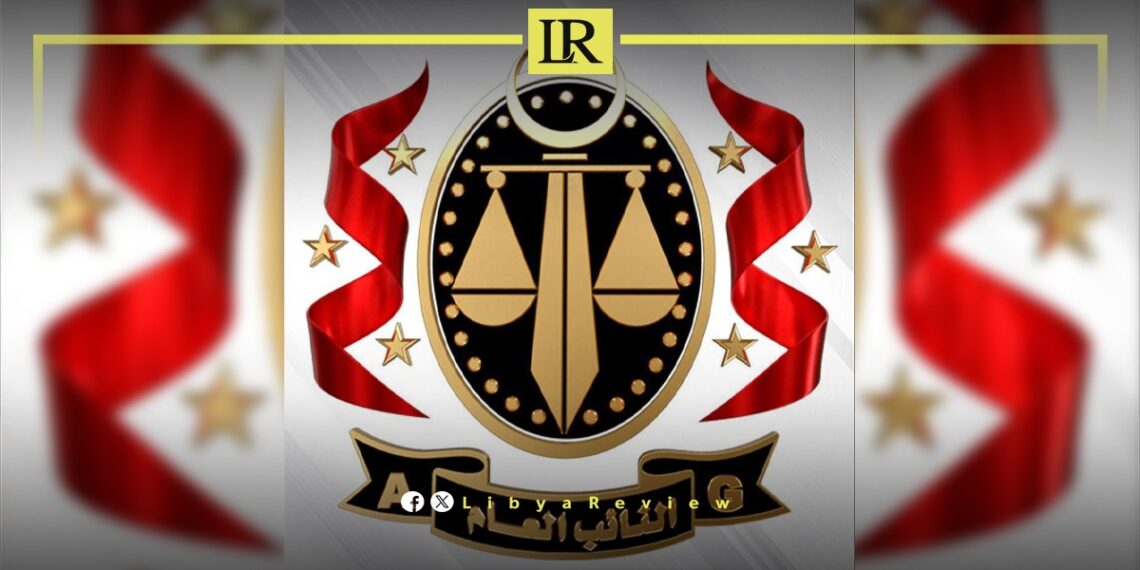On Saturday, Libyan authorities detained suspects involved in a criminal gang that held illegal migrants captive, demanding ransom payments from their families for their release. The Office of the Attorney General announced the arrests on Friday evening, revealing that the migrants were from Pakistan.
The suspects were apprehended by security forces in Sabratha following a tip-off about migrants being held against their will.
These migrants had been handed over to the captors by a smuggler who promised to transport them to Italy by sea. Upon investigation, the judicial enforcement officer confirmed the validity of the report. The suspects were caught red-handed, holding six migrants who showed signs of harsh, degrading, and inhumane treatment.
The Deputy Attorney General led the investigation, gathering evidence against the suspects. It was confirmed that the detainees were part of a criminal gang engaged in human trafficking, organizing illegal migration, and holding migrants captive for unlawful financial gain. Consequently, the suspects have been ordered to remain in custody pending further investigation, while efforts to apprehend the remaining gang members continue.
Libya has long been a major transit hub for migrants seeking to reach Europe, primarily due to its strategic location along the Mediterranean coast. However, the country’s instability and lack of effective law enforcement have made it a hotspot for human trafficking and smuggling operations.
Migrants from various countries, especially those from Africa and Asia, often fall victim to traffickers who promise them safe passage to Europe but instead subject them to extreme conditions, including physical abuse, extortion, and even death.
The situation in Libya is further complicated by the presence of numerous armed groups and militias, many of which are involved in human trafficking and smuggling activities. These groups exploit the country’s ongoing political and economic turmoil to operate with relative impunity.
The Libyan government, with support from international organizations, has been working to combat human trafficking and improve conditions for migrants. However, the challenges remain significant due to the country’s fragmented political landscape and limited resources. International organizations, including the United Nations and the International Organization for Migration (IOM), have been actively involved in providing assistance to migrants in Libya. These organizations offer humanitarian aid, legal support, and assistance in repatriating migrants to their home countries.


